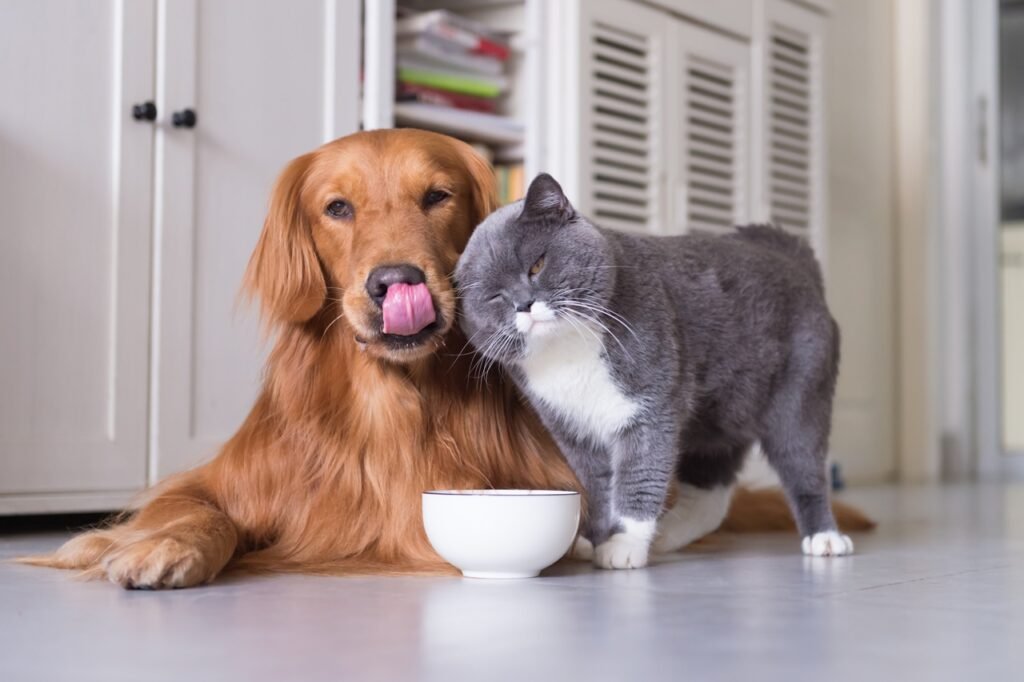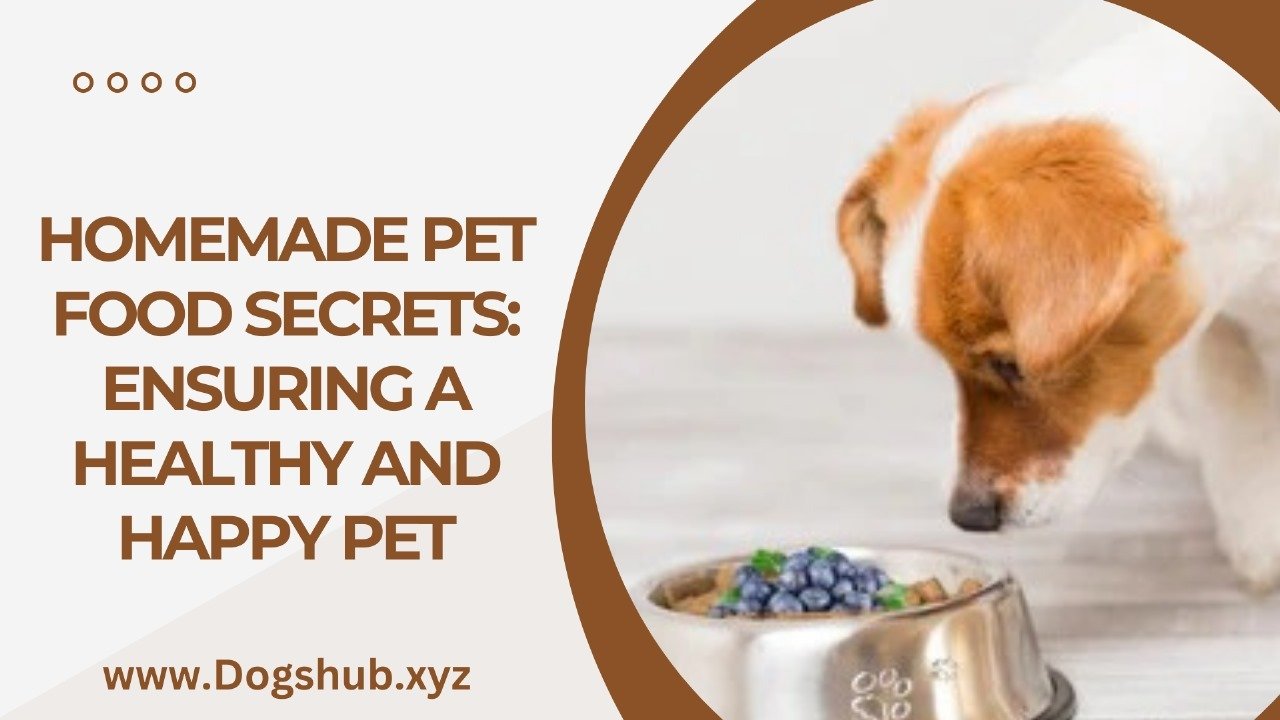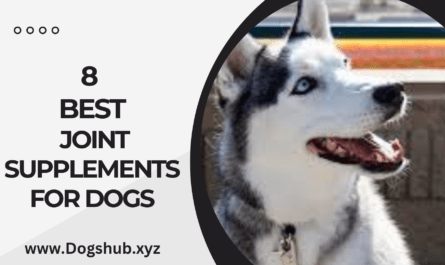Homemade Pet Food Secrets: Ensuring a Healthy and Happy Pet. Benefits that feeding your pet homemade foods can be many. It gives you full control of the ingredients and ensures that your pet gets the accurate nutritional value without any of the preservatives and additives commonly used in commercial pet food. Making your own pet food is a process that requires meticulous preparation and knowledge to assure that it is able to meet the nutritional requirements of your pet. In this post on the blog we’ll reveal the secrets to making balanced and nutritious homemade pet food to help keep your pet fit and content.
How to Understand Your Pet’s Nutrient needs
Each pet has its own food requirements. Pets like cats and dogs as well as others have distinct requirements for their diets that need to be fulfilled in order to warrant their health and well-being.
Dietary requirements of Dogs
They are all-animal and require the right diet, which contains fats, proteins carbohydrate, vitamins and minerals. The most important components are:
- Proteins are essential to muscle growth, maintenance as well as general well-being. Food sources include fish, meat eggs, legumes, and meat.
- Fats Give you vitality and benefit maintain the health of your coat and skin. The sources include fish oil, flaxseed oil, as well as animal fats.
- Carbohydrates serve energy as well as fiber. They are a source of fiber, including grains, vegetables and fruit.
- Vitamins and Minerals Essential for numerous organs and activities. A healthy and balanced home diet must consist of a range of fruit or vegetables as well as supplements when needed.
Cats’ nutritional needs Cats
Cats are considered to be obligate carnivores which means they need an omnivore diet that is mostly made up of animal-based protein. The most important components are:
- Proteins Essential to maintaining the strength of your muscles and general well-being. Protein sources include fish, meat eggs, and fish.
- Fats: Give you the energy needed to maintain the health of your skin and coat. The sources include animal fats as well as fish oil.
- Minimum Carbohydrates Cats don’t require large amounts of carbs, however they can get some in their diet by eating fruit and vegetables.
- Taurine is an essential amino acid that is found in the tissues of animals, vital to eye and heart well-being.
- Vitamins and Minerals required for many organs and tasks. Make sure you have a wide variety of different meats as well as supplements that meet their requirements.
The benefits of homemade pet Food

- Control of Ingredients Control Over Ingredients: You are in complete control over the purity and the source of ingredients which means that there are no harmful additives or preservatives have been added.
- modification Create a custom your diet adequate to particular health requirements like the management of weight, allergies, or issues with digestion.
- Freshness Food made at home is generally more nutritious than the commercial alternatives that are more flavorful and the nutritional quality.
- Bonding Making food preparations for your pet will strengthen your bond with your pet.
Important Ingredients in homemade pet food
Protein Sources
- Chicken is a lean food source of protein appropriate for both pets and cats.
- Beef It is rich in amino acids essential to life and minerals.
- Fish is a source of omega-3 fatty acids to maintain hair and skin health.
- Eggs Complete protein source, which is simple to take in and digest.
Carbohydrate sources
- Brown Rice: It is a source of energy and fiber.
- Oats is a great source of fiber and vitamins.
- Sweet Potatoes High in fiber and vitamins.
- Quinoa Quinoa is a high protein grain, gluten-free.
Fruits and Vegetables
- Carrots offer additional beta-carotene as well as fiber.
- Spinach is a good source of vitamins and minerals.
- Blueberries are packed with antioxidants.
- Pumpkin: Good for digestive health.
Oils and Fats
- Fish Oil: Omega-3 fatty acids are present in the.
- Olive Oil: A nutritious fat source.
- Coconut Oil: Helps maintain the health of your coat and skin.
Supplements
- Calcium Calcium is essential to Bone well-being. You can get it by eating bone meal, or crushing eggshells.
- Probiotics: Support digestive health.
- Vitamins and Minerals Maintain a healthy and balanced diet with commercial supplements, if needed.
Recipes for homemade Pet Food
Homemade Dog Food Recipe
Ingredients:
- 1 2 lb ground turkey
- 1 cup brown rice 1 cup brown
- 1/2 cup chopped carrots
- 1/2 cup spinach, chopped
- 1 Tbsp fish oil
Instructions:
- Brown rice should be cooked compatible the directions on the packet.
- In a large skillet in a large pan, cook the ground turkey to brown.
- Then add the spinach and carrots into the pan. Cook until they are tender.
- Mix in cooked rice as well as the fish oil.
- Let the mix chill before serving.
Homemade Cat Food Recipe
Ingredients:
- 1 lb chicken thighs free of skin and bone.
- 1 cup puree of pumpkin
- 1/4 cup peas
- 1 Tbsp fish oil
- 1/2 tsp of taurine supplement
Instructions:
- The chicken’s thighs are cooked thoroughly then chop them into smaller pieces.
- In a large bowl combine the pumpkin, chicken puree, peas and fish oil and the taurine supplement.
- Let the mix be cool prior to serving.
Strategies for Making Homemade Pet Food
- Contact your veterinarian Before making major adjustments to your pet’s food Consult your veterinarian to warrant that the diet you are changing is able to meet all of their nutritional requirements.
- Balance is the Key Make sure that the food is complete and balanced that it includes all essential nutritional elements. Think about together an online nutritional calculator, or consult a nutritionist for your pet.
- Gradual Transformation Introduce home-cooked food gradually in order to reduce stomach upset. Combine it with the existing food, and gradually rise the percentage of home cooked foods.
- Storage properly Keep homemade pet food in your fridge for up to 3 days, or you can freeze portions to allow longer storage.
- Keep an eye on your pet Maintain a close eye on your pet’s health as well as level of energy. If you notice any change you are concerned about, talk to your vet.
Common Errors to Avoid
- Unbalanced Nutrients Inability to favor the proper balance in your diet may cause nutritional deficiency or overdoses. Be sure to include a range of foods and, if needed, consider supplementation.
- Feeding unsafe food Human food products could be toxic for pets. These include onions, chocolate, garlic wine, grapes and artificial sweeteners. Make sure you research and stay clear of the ingredients listed above.
- Overfeeding Food prepared at home can contain more calories than foods sold at a supermarket. Make sure you are aware of the size of your portions to stop excess weight obtain.
- Doing away with individual requirements Every pet is individual. Create a diet that is tailored to your specific needs. Take into consideration aspects like the breed’s age, breed’s physical health, and activity levels.
Conclusion
Making your pet’s food from scratch can be an enjoyable and healthy choice, if you follow the correct guidelines. If you are aware of the needs of your pet’s nutrition, with high-quality ingredients, and by avoiding the common traps it is possible to create a healthy and tasty diet that is beneficial to their overall health and wellbeing. Make sure to talk with your vet before making gentle modifications to warrant the smooth transition from home-cooked diet. If you put in the time and effort will be able to focus on providing your dog with accurate nutritional options, and strengthen your bond with your furry companion.




